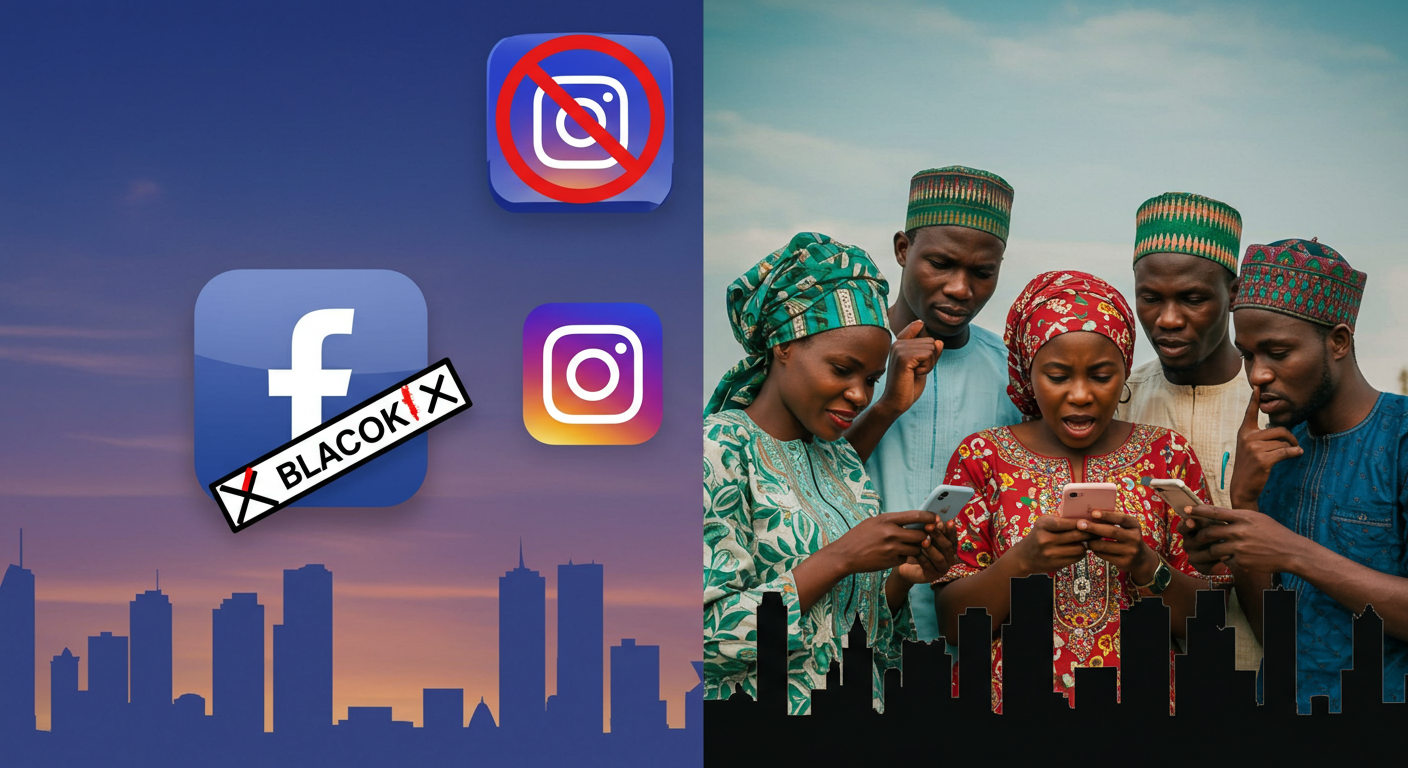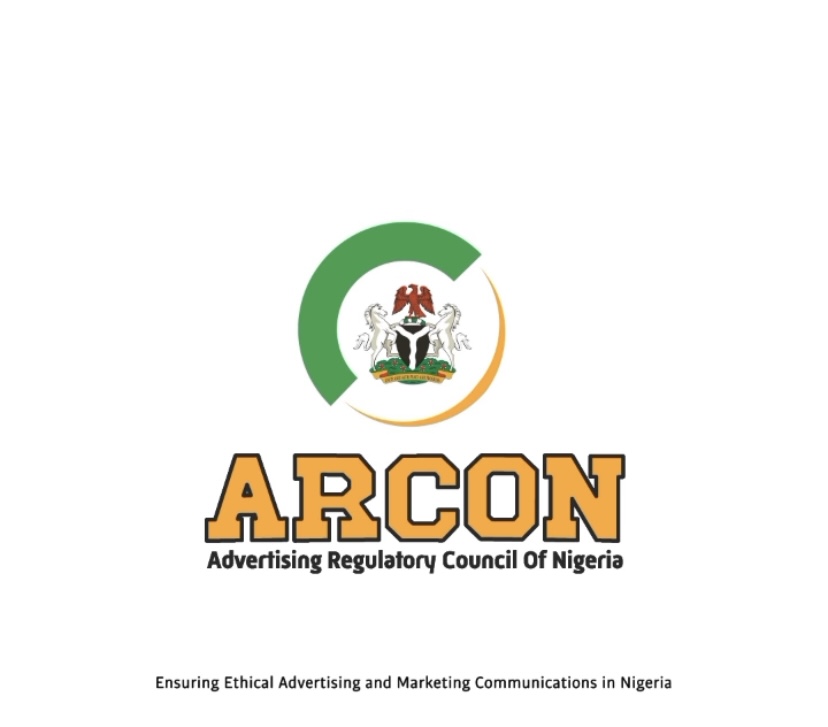My phone buzzed with the typical morning bustle. My digital day follows a typical pattern: a friend’s humorous meme on Instagram, a birthday shoutout on Facebook, and a brief scroll through the news feed. Then the screen froze. Not a problem, but a clear message: “Service unavailable in your region.” Panic ensued. Has my data run out? Was there a network error? A simple Google search (ironically) revealed the grim truth: Facebook and Instagram access were restricted in Nigeria.
The first emotion was disbelief. It seemed like a horrible dream, a digital Armageddon aimed at my part of the planet. How does this happen? With a single choice, Mark Zuckerberg ended my social life, professional ties, and access to information.
For me, like many young Nigerians, Facebook and Instagram are more than simply applications; they are extensions of me. My WhatsApp groups, where I plan family gatherings and reconnect with former schoolmates, are linked to my Facebook account. Instagram is my portfolio, a gallery where I can promote my photography and interact with possible clients. It’s how I find new artists, trends, and chances.
Suddenly, my principal way of communicating with friends spread around the country and the diaspora was gone. The colorful online communities I belonged to, including photography groups, reading clubs, and even the local food vendor’s website, where I purchased lunch. It resembled a digital ghost town.
The economic impact was immediate and personal. As a freelance photographer, Instagram was my lifeblood. Jobs, partnerships, and client enquiries flooded my DMs. The creek had dried up. I watched in dismay as possible projects slid away, jeopardizing my income due to a choice over which I had no influence.
My small-business owner pals were even more distraught. The fashion designer who exhibited her works on Instagram, the caterer who received orders on Facebook, and the graphic artist who cultivated his clientele across both platforms had their companies thrown into disarray. They rushed to find alternatives and recreated their internet presence on several platforms, but the process was tedious and difficult.
Aside from the social and economic turmoil, there was a strong sense of separation. Facebook and Instagram have become our digital town square, our virtual gathering spot. We used these forums to express our joys, sufferings, opinions, and creativity. That shared area was no longer available, creating a hole for other platforms to fill.
The initial anger and fury gave way to an unusual combination of feelings. There was a sense of loss and isolation from the global discussion. However, there was a rising awareness of our reliance on these platforms and a renewed respect for the value of expanding our online presence.
Read also: Experts proffer how brands can stay visible despite budget cuts
In the days and weeks that followed, I noticed Nigerians adjusting as they usually do. Some switched to other platforms, rediscovering old ones or adopting new ones. Alternative social media usage increased dramatically, and local platforms gained appeal. Businesses experimented with new techniques to contact their clients, including email marketing, SMS campaigns, and even traditional advertising.
But the encounter had a lasting impact. It pushed us to confront the fragility of our digital links and the strength of the tech behemoths that govern them. It triggered debate over digital sovereignty, data privacy, and the need for a more robust and decentralized internet environment.
If Zuckerberg decides to pull the plug on Nigeria, it won’t simply mean losing access to a few applications. It would mean losing a piece of ourselves, our relationships, and our way of life. It would be a wake-up call, a warning that, despite its ease, the digital world is not necessarily as solid or lasting as we believe. And it would compel us to discover new ways to communicate, create, and survive in a world that had suddenly gone offline.







Comment
No comments found.